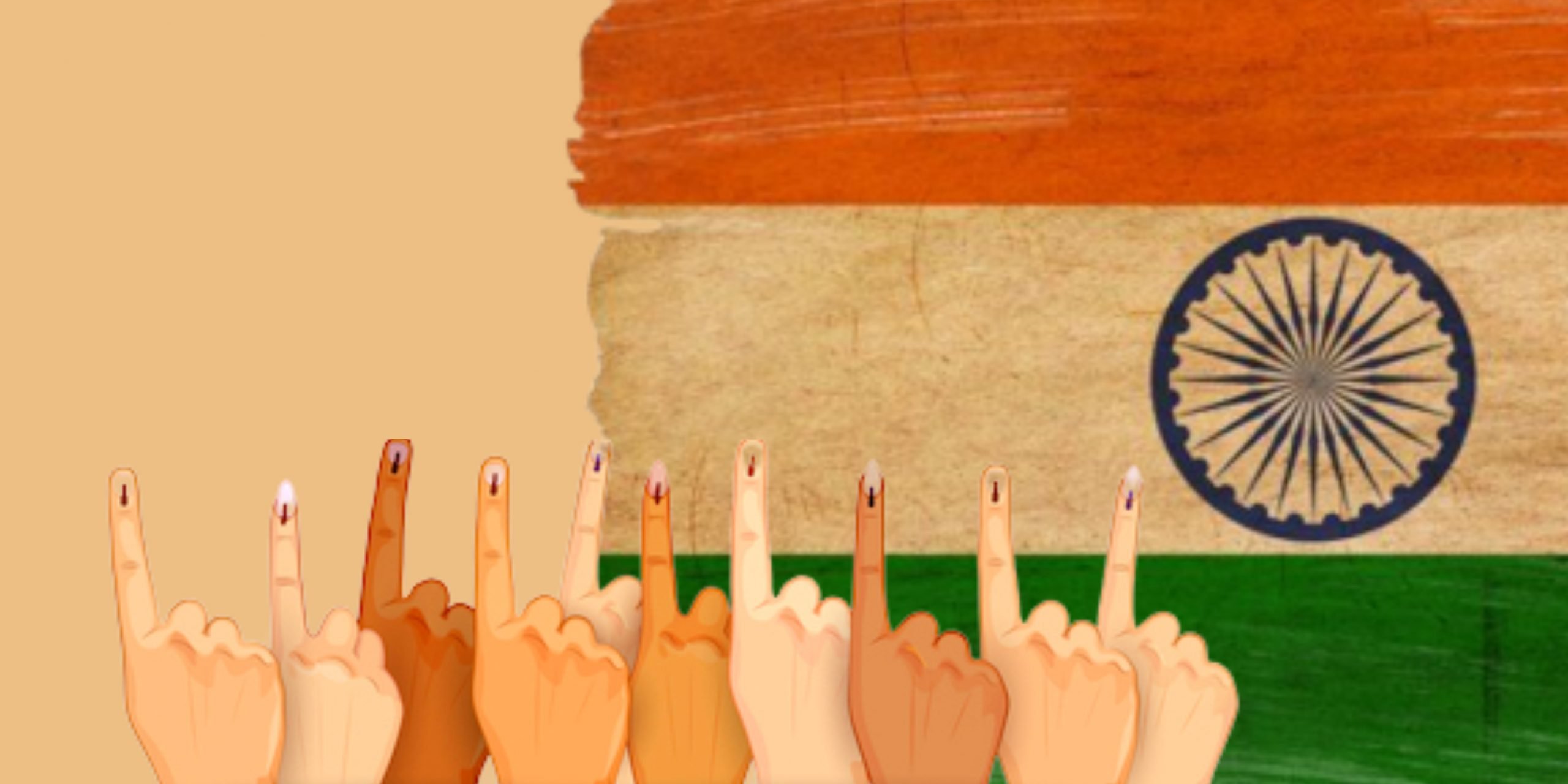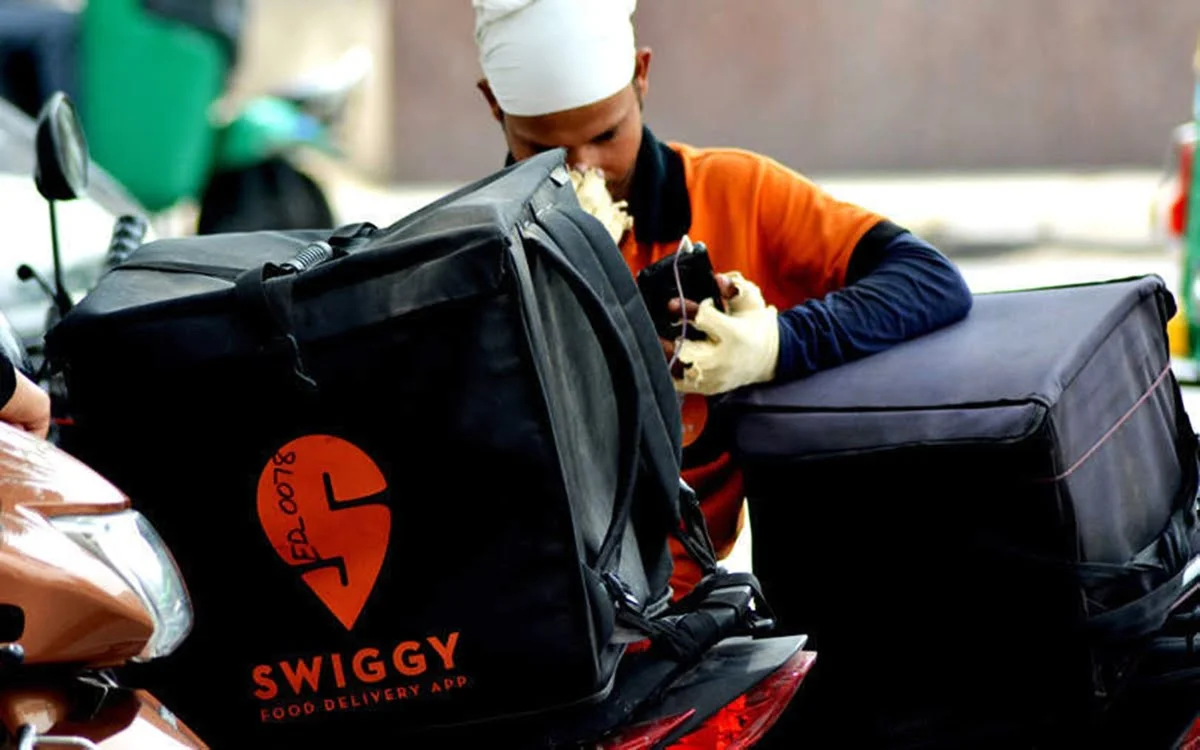The proposed ‘One Nation, One Election,’ bill, which the central government is considering introducing during the upcoming special session of Parliament from September 18 to 22, has garnered attention. Conducting combined elections for both the Lok Sabha and local Assemblies is not a new concept in India.
India saw simultaneous elections during its early years after gaining independence in 1947. This practice continued during the years 1952, 1957, 1962, and 1967. However, a shift occurred in the 1970s due to the rise of numerous regional and national political parties, leading to a change in this pattern.
The ruling Bharatiya Janata Party’s decision to initiate this debate, a full eight months ahead of the Lok Sabha elections, carries discernible motives. This move coincides with a concerted effort by the Opposition to present a united front in 2024, suggesting that the BJP, known for its Hindutva ideology, maybe anticipating potential losses in the upcoming year.
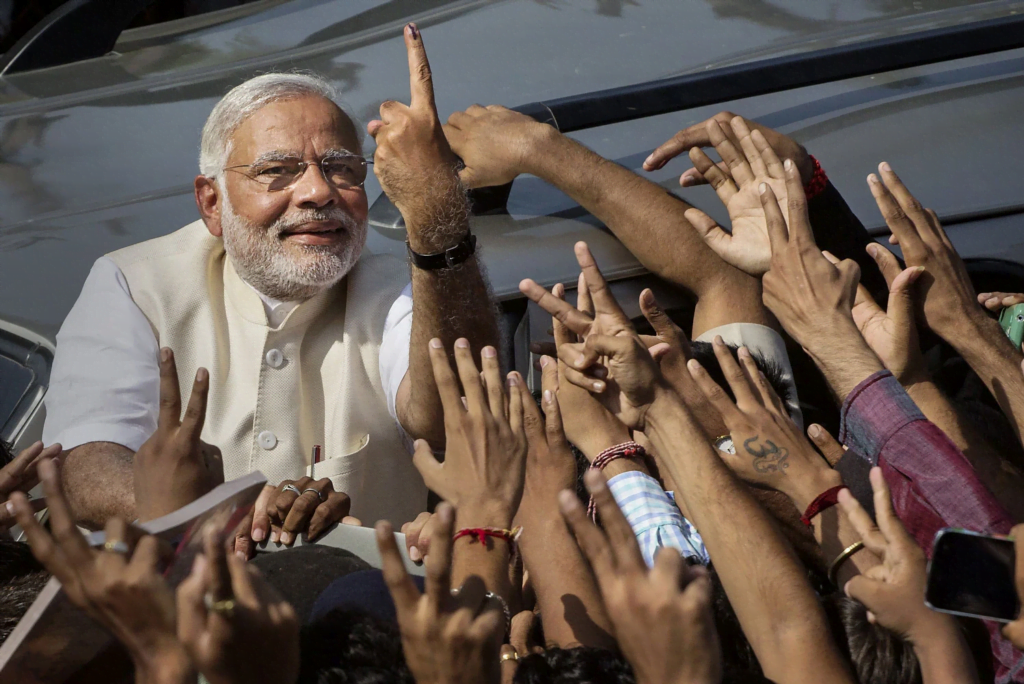
The idea of simultaneous election may aim to streamline the electoral process and reduce the frequency of elections but beneath the surface, there are several concerns about its impact on the diversity, federal structure, representation, and democratic values of the country.
Combining elections at all levels concurrently, including local body elections alongside state and national ones, and implementing necessary Constitutional modifications would profoundly alter the essence of parliamentary democracy, potentially undermining federalism within the nation. The proposal to synchronise Lok Sabha and state Assembly elections would necessitate reworking the Constitutional framework that establishes the government’s accountability to the legislature.
As per the Constitution’s provisions, a government must step down in case of a no-confidence motion or a defeat on a Money Bill, followed by dissolution of the House and subsequent mid-term elections if a new government cannot be formed. Neither the Lok Sabha nor the state Assemblies are constitutionally granted fixed terms. For instance, if a state election fails to provide a clear mandate, should we wait until the entire parliamentary term elapses to conduct state Assembly elections?
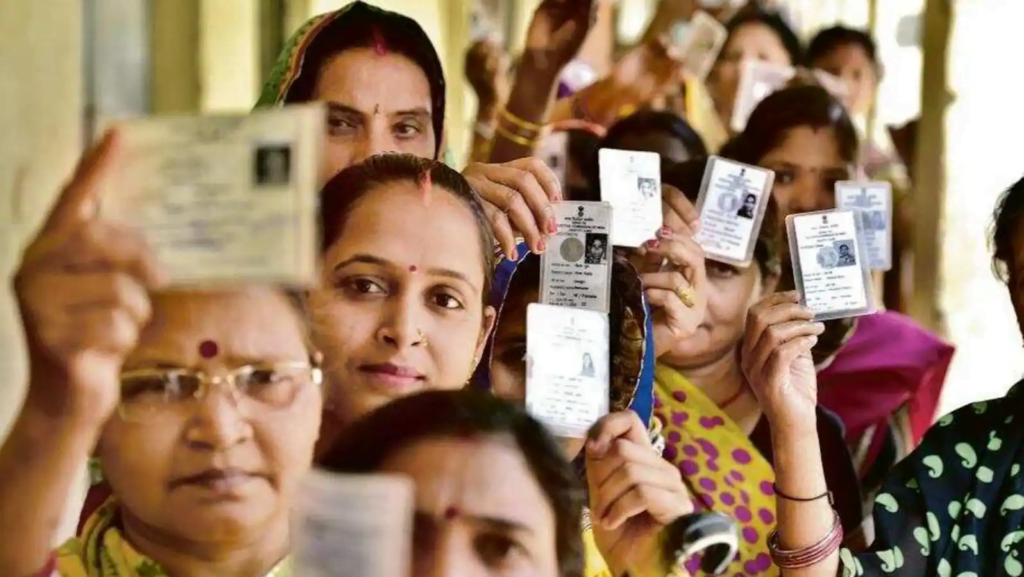
Conversely, if all states witness decisive mandates while the Lok Sabha elections yield a fractured verdict, leading to no government formation, should all state Assemblies be dissolved to facilitate simultaneous elections? These questions highlight the impracticality of implementing simultaneous elections in India’s intricate political landscape.
In 2018, the Law Commission of India, under the leadership of Justice B S Chauhan, proposed a significant alteration to the traditional ‘no-confidence motion,’ in their draft report on concurrent elections. Their recommendation was to introduce a ‘constructive vote of no-confidence,’ wherein the government could only be ousted if there was a vote of confidence in an alternative government. Additionally, they suggested the option of restricting the frequency of such motions throughout the House/Assembly’s term.
If ONOE were implemented, there would be a significant risk of voters conflating regional and national issues during their decision-making process. This, in turn, could lead to the neglect of state-level concerns.
The broader concept of simultaneous elections would face hurdles in the event of a hung House or Assembly. According to the Commission’s proposal, if a pre- or post-poll alliance failed to establish a government or if an all-party consensus was achieved, a midterm election could be conducted.
However, the newly formed government would serve only for the remaining duration of the term, rather than the full five years. The potential for defections and changing allegiances would present yet another formidable challenge to this proposal.
The notion of “One Nation, One Election,” (ONOE) seems to clash with the core concept of federalism, as it presupposes a unified nation, diverging from the spirit of Article 1 that defines India as a “Union of States.” If ONOE were implemented, there would be a significant risk of voters conflating regional and national issues during their decision-making process. This, in turn, could lead to the neglect of state-level concerns.
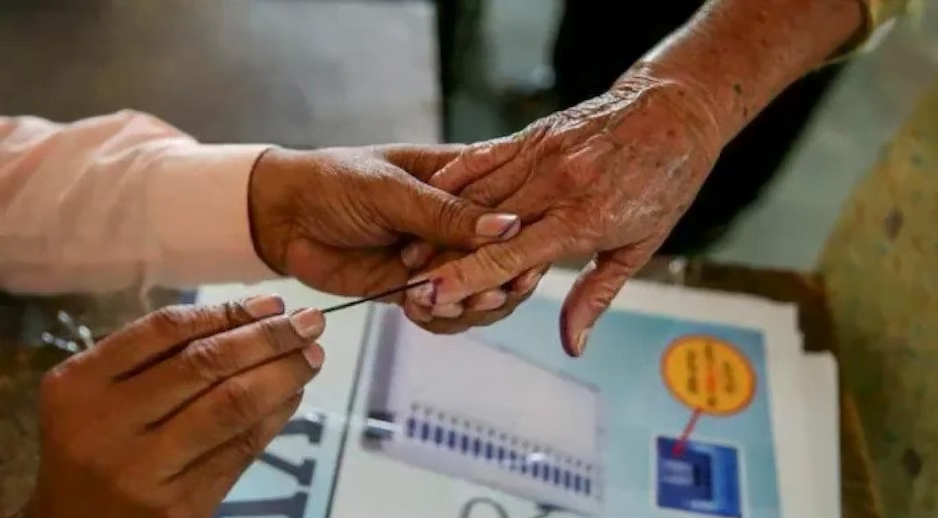
A study conducted by IDFC in 2015 discovered that if simultaneous elections for the Lok Sabha and state assemblies were held, there was a 77 per cent likelihood that the party victorious at the national level would also emerge victorious in the state assembly elections. This outcome could seriously sideline local issues and the unique aspirations that underpin the federal structure of our political system.
Consequently, ONOE not only diminishes government accountability but also jeopardises the federal structure, potentially consolidating power within a single political party or coalition.
The concern extends beyond merely the neglect of the nation’s federal character, as implied by the ‘One-Nation-One-Election,’ concept. It’s also about the thinly veiled disdain for the very essence of electoral democracy itself. What is alarming here is the dangerous assumption that the periodic need to seek the people’s mandate is an inconvenient hindrance to efficiency.
In this perspective, governance is perceived as something transcending and distinct from the practice of democracy, reserved exclusively for the administrative and political executives who oversee it. This implies that the citizens, the voters, are rendered irrelevant in this equation, a principle that is entirely incompatible with the fundamental tenets of a democratic system.
While proponents of One Nation, One Election (ONOE) argue that it can lead to cost and time savings in the electoral process, there are concerns about its viability and long-term consequences. In 2018, the NITI Aayog explored the advantages of this proposal, but it overlooked a comprehensive assessment of its potential political implications.
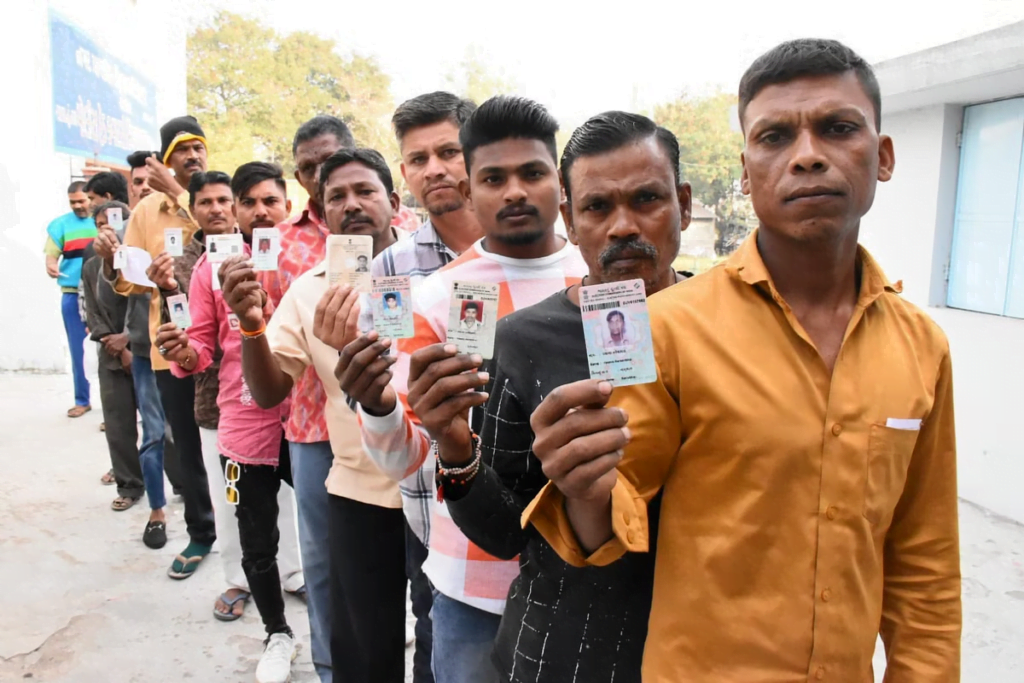
Both the 170th Report of the Law Commission in 1999 and the 79th Report of the Parliamentary Standing Committee on Personnel, Public Grievances, law, and Justice in 2015 delved into the intricacies of ONOE. The Law Commission’s report remains non-committal but emphasises the necessity of consulting state governments with the Election Commission of India before implementing any changes. Meanwhile, the Parliamentary Committee’s report outlines a two-stage approach for simultaneous elections but does not adequately address the legal challenges that may arise along this path.
The fundamental reason why the idea of ‘One Nation One Election,’ is problematic for a ‘Union of States,’ is primarily because it would inevitably shift the spotlight towards the central government during a single election, rendering state assembly elections essentially inconsequential. This diminishes the validity of the cost-saving and time-saving arguments put forth in its favour.
The diverse and complex nature of Indian politics and society demands a nuanced approach, and “One Nation One Election,” as currently proposed, may not be the solution. Balancing the need for efficiency with the preservation of democratic values and diversity is crucial, and any such proposal should be thoroughly debated and carefully considered before implementation.
About the author(s)
Aamir Raza is a dedicated researcher based in New Delhi, India. He holds a Master's degree in Political Science from Jamia Millia Islamia University, New Delhi. He has been previously associated with Lokniti-CSDS and the Institute of Perception Studies as a Researcher. His areas of research interest include Electoral politics, representation, minority studies, ethnic politics and democratisation.
